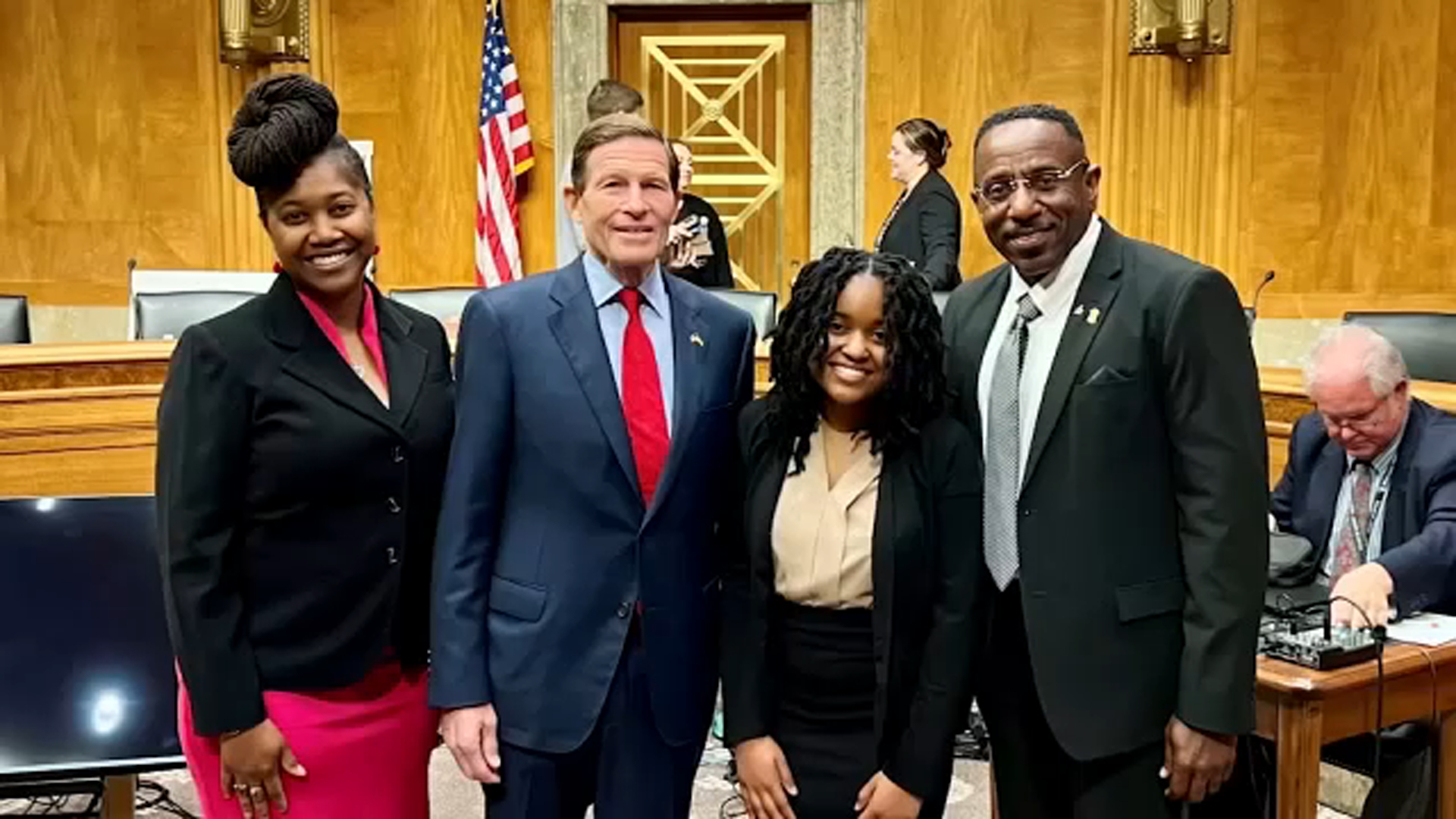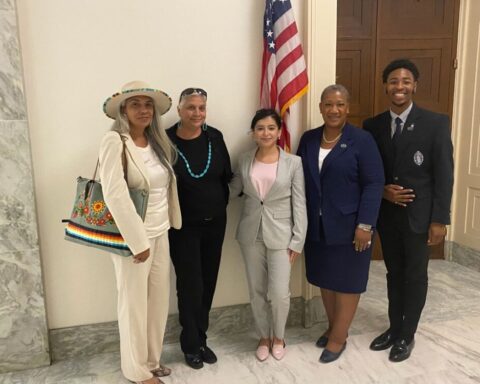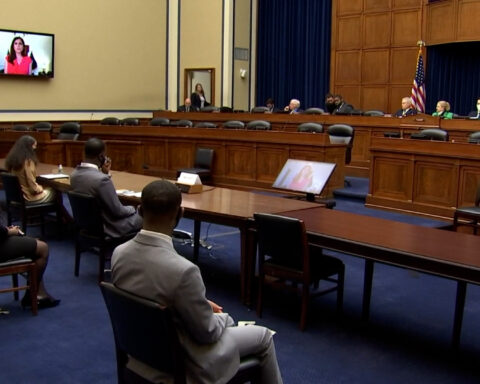By Quintessa Williams
New details about a Troubleshooter investigation into a scam targeting college and high school students looking to earn extra money. The ABC11 Troubleshooter story got the attention of lawmakers, and now is leading to action in our nation’s capital.
The story involved Ariana Duval, a rising senior at NC A&T University. She was asked to speak at a congressional hearing about her scam experience and fraudulent activity on the payment app, Zelle.
Duval lost $2,400 after getting caught up in a job scam.
During the hearing, she testified, “I called Zelle’s customer service line and was automatically put to an automated machine with hung up on me after I was told if I was affiliated with Zelle through one of the bank’s partners to contact the bank. I cannot get through to a human representative after calling Zelle multiple times.”
Zelle is owned by seven of the largest banks in the US, and while lawmakers admit fraud happens on all payment apps, the spotlight is on Zelle.
“Zelle transfers are nearly instant and irreversible and by the time a consumer knows they’ve been scammed usually it’s too late to do anything about it,” Senator Richard Blumenthal said during the hearing. “Their attitude has been ‘not our problem.’ Well, to the banks of America, particularly the seven that own and operate Zelle, it is your problem, own it, because you own Zelle. You have the expertise, resources, and obligation to do better.”
During the hearing, consumer advocates also shared how Zelle does not provide clear fraud policies and similar reimbursement rights as other cash apps. Also, during the hearing, some lawmakers questioned if action against Zelle would even help.
“Even if we can shut down Zelle or we can make it scam-proof, these bad actors would just find another mechanism to do what they are (doing),” Senator Roger Marshall said.
As for Duval, she said Zelle has not responded about her fraud claim, but that is not stopping her fight for change.
“This can happen to anyone. This can happen to the person who’s the most sophisticated and intelligent to somebody who might not be. It doesn’t really matter in that sense. It’s about what we can do to just prevent any of these things happening,” she said.
Last year, 120 million consumer and small business accounts leveraged Zelle to send 2.9 billion transactions for critical payments like rent, wages, emergency relief, and daily conveniences like birthday presents and splitting bills.
We have developed extensive consumer education materials on our website and have launched education campaigns with the Better Business Bureau (BBB and Zelle warn of the red flags of scams), the National Council on Aging (NCOA), Utilities United Against Scams, and Vox Media (The Science Behind Scams and S.A.F.E. Squad).
In addition to our consumer protection efforts, we are actively working with policymakers, regulators, and law enforcement to look across the entire ecosystem to truly address the threat of fraud and scams, that impact consumers around the world, whether they pay with check, ACH, credit cards, debit cards, cash, crypto, wire transfers, gift cards or P2P.
To address this global crisis, we need to stop the abuse of digital communications, equip law enforcement to tackle every incident, and launch a coordinated national education initiative. Currently, there is no adequate mechanism for rapidly aggregating and analyzing crime data, empowering law enforcement to pursue criminals, or sharing information among law enforcement agencies, necessitating the government to fill this gap.





